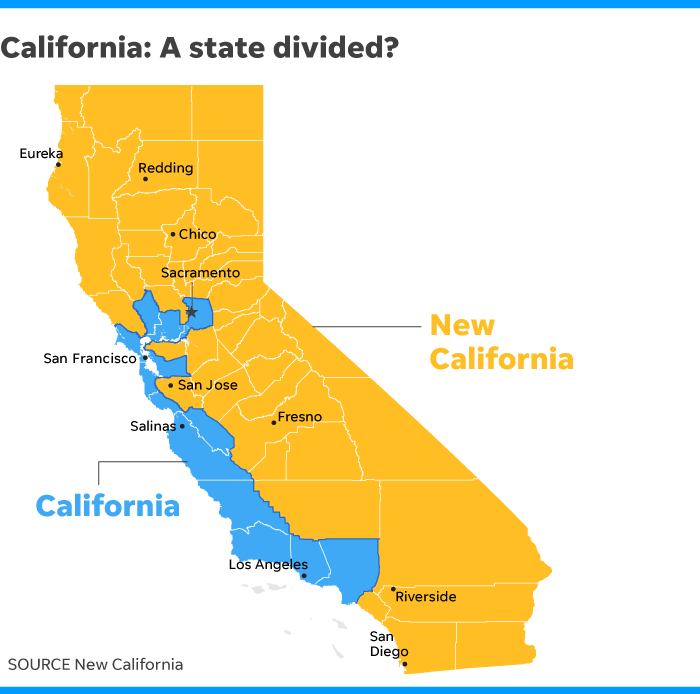How I got into narrative design
By: Carrie Patel
Happy New Year, everyone!
Let's ring in 2018 with a post for the first time in forever. Thanks to Bekah for getting me going!
For some background, I'm a narrative designer and writer at Obsidian Entertainment, and I've been here a little over four years. Briefly, my work involves worldbuilding/lore development, story design (at the critpath/"full game" scale and for individual quests), and lots and lots of writing in-game text: dialogue, player journal entries, items and examinables, and other player-facing text.
To be clear, it's a collaborative job. I work with a team of other narrative designers, and we frequently collaborate with other departments on the work we do. But the nature of the work is a topic all of its own!
How I Got Here
When I applied to Obsidian, I'd been writing for a while. I had not yet been professionally published, but I was working toward that goal (incidentally, I made my first novel and short story sales around the time I was hired). But I wanted to work in games, too--I'd played games most of my life and had a special fondness for their storytelling and worldbuilding potential--so I kept an eye out for openings at narrative-focused studios.
Sure enough, on one of these occasions, I noticed that Obsidian Entertainment had a posting for a contract writer. I had not previously played Obsidian's games (or Black Isle's), but I'd played a variety of other RPGs, and there was enough information in the job posting and on the
Kickstarter page for Pillars of Eternity (then
Project Eternity) to give me a good idea of (1) the game they were making and (2) what they were looking for in a writer. And you can bet I tailored my cover letter accordingly.
I emailed Hiring with my cover letter, my resume, a short story (
this one), some references, and a link to a short
Neverwinter Nights module I'd made.
A few days later, Obsidian sent me their design test, which included a few sample writing tasks and a questionnaire about my approach to game design. After I turned that in, the team got back to me to schedule a phone interview. Fun fact: my husband and I were on vacation in South Africa during the interview window, so I first talked to the team at midnight (after an afternoon of bungee jumping) from the lobby of an adorable little hotel in
Oudtshoorn, an ostrich farming town.
Shortly after that, I got an offer for a full-time position!
Now, every studio is different, and "narrative design" is a fairly new field in a still-young industry. So the position will differ somewhat at every studio.
But if you're looking for advice on getting into game writing, here's what I took away from the process, though YMMV:
- A degree in game design (or creative writing) is not a requirement. What matters is demonstrating the skills necessary for the job. In the case of narrative design, those skills include: the ability to write engaging, error-free text; the ability to incorporate a consistent sense of character and world flavor into dialogue and description; and the ability to build non-linear narrative around player choice.
- You don't have to know someone in the industry to break in. Yes, it helps, but don't disqualify yourself if you don't have contacts.
- You don't need extensive game engine experience, but you must be willing to learn your studio's technology. Most of the writing I do takes place in a proprietary dialogue editor that looks nothing like a word processor. I'm responsible for writing the text as well as structuring the dialogue trees and scripting various game states as they are changed and referenced in the conversation editor. Some studios will focus their writers more (or less) on pure writing, but in any case, it's definitely helpful to understand how these tools work. You don't have to be a pro modder, but it's worth gaining familiarity with game engines and/or dialogue editors.
- There's no substitute for strong writing fundamentals. Most novelists, screenwriters, and writers of other stripes spend a lot of personal time honing their craft before they start making sales. I'm not saying you have to spend every waking second writing, but you must practice if you want to be competitive.
If you're looking for more insight, I suggest following the brilliant
Jessica Price on Twitter. She's been dishing out some fabulous advice for writers interested in narrative design:
Also:

































![Glory to Codexia! [2012] Codex 2012](/forums/smiles/campaign_tags/campaign_slushfund2012.png)




